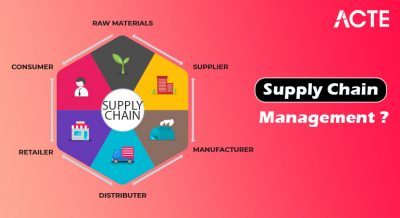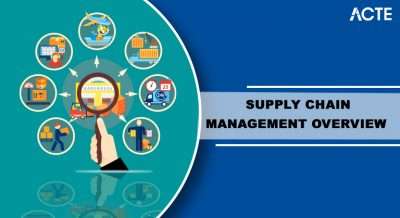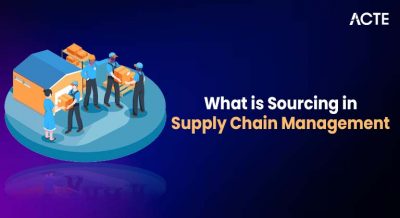
- Introduction: The Role of a Supply Chain Manager
- Core Responsibilities of a Supply Chain Manager
- Essential Skills and Qualifications
- The Importance of Supply Chain Managers in Business Success
- Supply Chain Manager in Different Industries
- Challenges Faced by Supply Chain Managers
- Career Growth and Opportunities
- How to Write an Effective Supply Chain Manager Job Description
Introduction: The Role of a Supply Chain Manager
A Supply Chain Manager plays a critical role in ensuring the seamless flow of goods, services, and information across the entire supply chain from procurement to delivery. As outlined in a typical Supply Chain Manager Job Description, this professional is responsible for optimizing operations to enhance efficiency, reduce costs, and maintain quality standards. The position requires strategic oversight of procurement, inventory control, production planning, and distribution. A core part of supply chain manager roles and responsibilities involves coordinating with suppliers, negotiating contracts, managing demand forecasts, implementing supply chain technologies, and leveraging PMP Training to enhance project execution and workflow efficiency. Additionally, they must collaborate closely with internal teams and external partners to align logistics strategies with overall business goals. Their analytical skills are essential in identifying bottlenecks and developing data-driven solutions for process improvements. In many organizations, their functions often overlap with logistic manager duties, which include overseeing transportation, warehousing, and ensuring timely delivery of goods. This multifaceted role demands strong leadership, problem-solving abilities, and a deep understanding of global supply chain dynamics. As companies continue to globalize and consumer expectations rise, the role of a Supply Chain Manager has become increasingly vital to maintaining competitiveness and operational resilience in today’s complex business environment.
Are You Interested in Learning More About PMP? Sign Up For Our PMP Certification Training Today!
Core Responsibilities of a Supply Chain Manager
- Overseeing logistics management: Ensuring smooth transportation, warehousing, and delivery processes while reducing lead times and operational costs.
- Implementing supply chain technologies: Leveraging platforms like Oracle SCM and Blue Yonder WMS to automate workflows, monitor real-time data, and enhance decision-making is a key focus in any comprehensive Guide to Supply Chain Optimization
- Managing supplier relationships: Building strong supplier management strategies through negotiation, performance evaluation, and collaborative planning.
A Supply Chain Manager holds a pivotal role in aligning supply chain logistics with business objectives, ensuring products move efficiently from suppliers to customers. Their responsibilities span across various domains including procurement, production, inventory, and logistics management. To succeed in this role, professionals often rely on advanced tools like Blue Yonder WMS and Oracle SCM to streamline operations and improve visibility. Below are the six core responsibilities of a Supply Chain Manager:
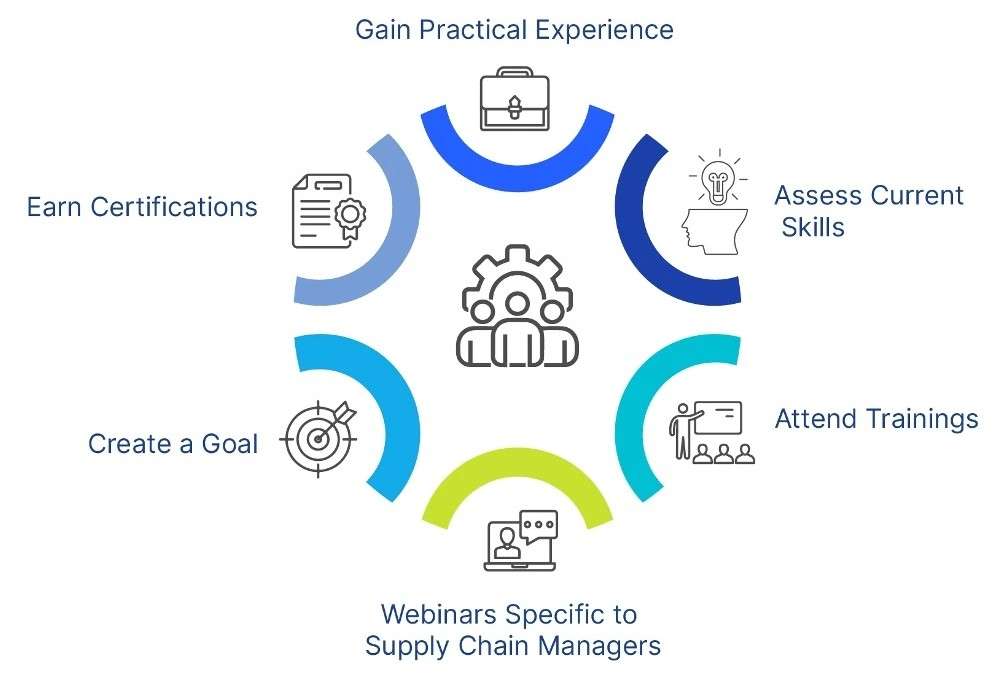
- Forecasting and inventory control: Analyzing demand trends and aligning inventory levels to avoid stockouts or overstocking, optimizing working capital.
- Coordinating cross-functional teams: Collaborating with procurement, sales, and production to ensure end-to-end alignment in supply chain logistics.
- Continuous improvement and risk mitigation: Identifying inefficiencies, managing supply disruptions, and driving initiatives for long-term operational excellence.
Essential Skills and Qualifications
To excel in the dynamic world of supply chain management, professionals must possess a blend of technical expertise, strategic thinking, and interpersonal skills. As highlighted in a typical Supply Chain Manager Job Description, key qualifications often include a degree in supply chain management, logistics, business administration, or a related field, along with several years of industry experience. In addition to academic credentials, a deep understanding of procurement, inventory management, and demand forecasting is essential. Among the core supply chain manager roles and responsibilities are the ability to analyze complex data, optimize supply chain processes, and implement cost-saving initiatives. Proficiency in software systems like ERP tools, inventory planning software, and transportation management systems is increasingly in demand. Equally important are soft skills such as leadership, communication, and problem-solving, which are crucial for managing cross-functional teams and coordinating with vendors and internal departments especially when Navigating Supply Chain Digital Transformation. As part of logistic manager duties, a Supply Chain Manager must also be well-versed in warehousing, distribution strategies, and compliance with transportation regulations. Certifications like APICS CPIM or CSCP can further enhance a candidate’s qualifications. Ultimately, a successful Supply Chain Manager must be agile, tech-savvy, and capable of driving efficiency across the entire value chain.
To Explore PMP in Depth, Check Out Our Comprehensive PMP Certification Training To Gain Insights From Our Experts!
The Importance of Supply Chain Managers in Business Success
- Enhancing logistics management: They streamline transportation, warehousing, and distribution processes to reduce delays and optimize costs, ensuring faster and more reliable deliveries.
- Optimizing supply chain logistics: Through data-driven planning and coordination, supported by PMP Training they minimize disruptions and align supply and demand efficiently across the entire value chain.
- Leveraging technology like Blue Yonder WMS: They implement advanced systems such as Blue Yonder WMS to improve inventory visibility, automate workflows, and support smarter decision-making.
Supply Chain Managers play a vital role in ensuring business operations run smoothly, cost-effectively, and in alignment with customer demands. By managing every step of the product journey from raw material sourcing to final delivery they contribute directly to profitability and customer satisfaction. Their influence is seen across strategic planning, daily operations, and long-term growth. Here are six key reasons why Supply Chain Managers are essential to business success:
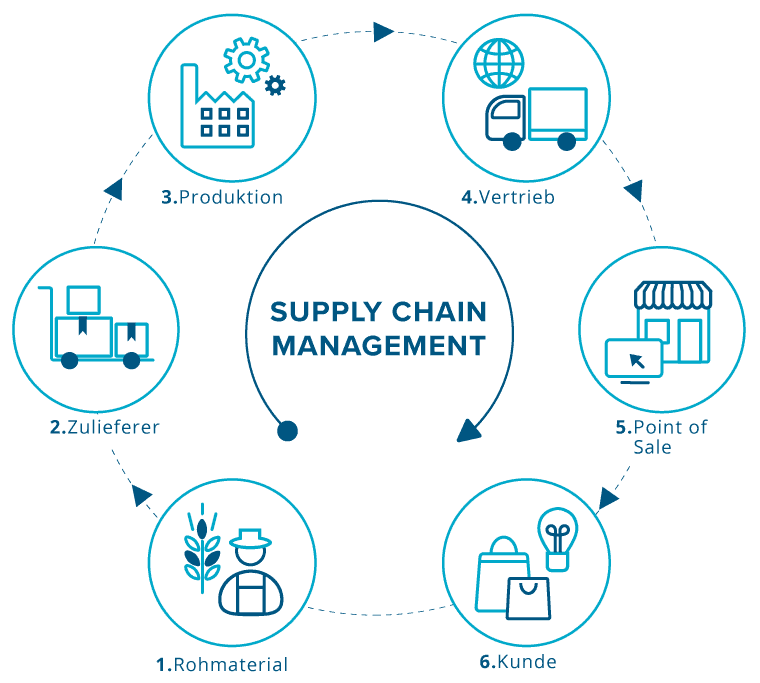
- Strengthening supplier management: Effective supplier management ensures consistent quality, better pricing, and reduced risks through strong relationships and performance tracking.
- Utilizing Oracle SCM: Tools like Oracle SCM help monitor KPIs, manage procurement, and integrate real-time data for enhanced supply chain agility.
- Driving continuous improvement: By identifying inefficiencies and initiating process enhancements, Supply Chain Managers support innovation, resilience, and sustained competitive advantage.
Supply Chain Manager in Different Industries
The role of a Supply Chain Manager varies significantly across industries, yet remains central to operational efficiency and business performance. Whether in manufacturing, retail, healthcare, or technology, the Supply Chain Manager Job Description typically includes overseeing procurement, inventory, transportation, and distribution. In manufacturing, they focus on raw material sourcing, production planning, and just-in-time delivery to reduce waste and ensure smooth operations. In retail, the emphasis shifts to demand forecasting, warehouse management, and last mile delivery to enhance customer satisfaction, making it essential to Create SOP for SupplyChain Success that ensures consistency and efficiency across operations. In healthcare, accuracy, compliance, and timely delivery of critical supplies are paramount. Across all sectors, supply chain manager roles and responsibilities include coordinating cross-functional teams, managing supplier relationships, and implementing digital tools to enhance visibility and agility. In industries with complex networks, Supply Chain Managers often work alongside logistics managers, blending strategic planning with day-to-day execution. Logistic manager duties such as managing transportation routes, monitoring shipment tracking, and ensuring timely deliveries are frequently part of a broader supply chain strategy. As global markets evolve, the demand for skilled Supply Chain Managers continues to grow across diverse sectors, making their role not only industry-specific but also vital to long-term business sustainability and competitiveness.
Want to Pursue a PMP Master’s Degree? Enroll For PMP Master Program Training Course Today!
Challenges Faced by Supply Chain Managers
Supply Chain Managers face a wide range of challenges in today’s fast-paced and unpredictable global market. One of the most pressing issues is navigating disruptions in supply chain logistics, often caused by geopolitical tensions, natural disasters, or shifting consumer demands. Maintaining real-time visibility across the supply chain is another significant hurdle, which many managers attempt to overcome using tools like Blue Yonder WMS and Oracle SCM. These platforms provide data-driven insights, but integrating them seamlessly with existing systems can be complex and costly, underscoring the need for a well-defined Supply Chain Risk Management Strategy to mitigate potential disruptions. Effective logistics management is also challenged by rising fuel prices, transportation bottlenecks, and capacity constraints, all of which demand continuous optimization. Another key challenge lies in supplier management, especially when dealing with multiple vendors across different countries and compliance environments. Ensuring consistent quality, on-time deliveries, and ethical sourcing requires strategic collaboration and constant evaluation. Additionally, as businesses move toward sustainability, managers must balance cost-efficiency with environmentally responsible practices, adding another layer of complexity to their role. Cybersecurity threats and data privacy concerns further complicate supply chain operations, especially as digital tools become more prevalent. To remain competitive, Supply Chain Managers must be agile, tech-savvy, and prepared to adapt to ever-evolving global supply chain challenges.
Career Growth and Opportunities
A career in supply chain management offers vast growth opportunities, driven by the increasing complexity and globalization of business operations. Professionals entering the field often begin in roles such as procurement analysts or logistics coordinators and, with experience, advance to positions like Supply Chain Manager, Director of Operations, or even Chief Supply Chain Officer. According to a typical Supply Chain Manager Job Description, individuals in this role are expected to oversee procurement, inventory, logistics, and vendor coordination skills that are transferable across industries such as manufacturing, retail, healthcare, and technology especially as innovations like Blockchain in Supply Chain continue to reshape operational transparency and traceability. As they gain experience, professionals can expand their responsibilities to include global sourcing, strategic planning, and digital transformation initiatives. The wide scope of supply chain manager roles and responsibilities including cross-functional collaboration, data analysis, and process optimization equips them with the expertise needed for senior leadership positions. Additionally, understanding logistic manager duties such as transportation planning, route optimization, and warehouse operations enhances their ability to lead large-scale supply chain functions effectively. Certifications like APICS, Six Sigma, and PMP further boost career prospects. As businesses continue to prioritize supply chain efficiency and resilience, skilled managers will find themselves in high demand, making this a promising and rewarding career path with upward mobility.
Preparing for a PMP Job Interview? Check Out Our Blog on PMP Interview Questions and Answers
How to Write an Effective Supply Chain Manager Job Description
Writing an effective Supply Chain Manager job description requires clarity, precision, and a focus on both the strategic and operational aspects of the role. A well-crafted description should begin with a concise overview of the position, outlining its impact on business success through efficient supply chain logistics and operational performance. Key responsibilities should include overseeing logistics management, inventory control, procurement, demand forecasting, and distribution. It’s important to highlight experience with advanced technologies like Blue Yonder WMS and Oracle SCM, along with Enroll in our PMP Training, which are essential for managing modern, data-driven supply chains. The job description should also emphasize strong supplier management capabilities, including vendor evaluation, contract negotiation, and relationship building to ensure consistency and quality. Soft skills such as leadership, problem-solving, and cross-functional communication should be included, as the role often requires coordination across departments and external partners. Additionally, list required qualifications, such as a degree in supply chain management, logistics, or business, and preferred certifications like APICS or Six Sigma. Including specific tools, systems, and measurable performance expectations will attract candidates with the right skill set. Ultimately, a detailed and realistic job description ensures alignment between the employer’s expectations and the candidate’s capabilities, leading to better hiring outcomes.

